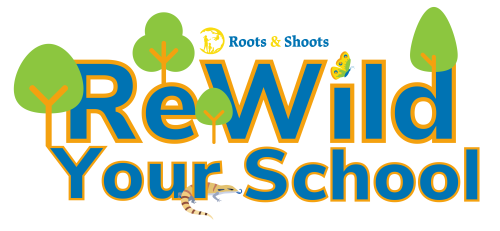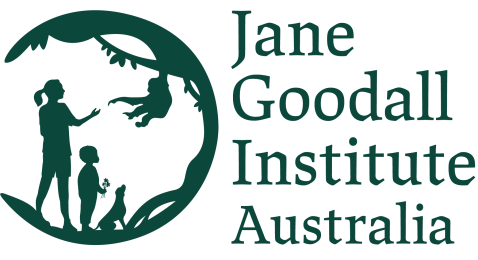
The Jane Goodall Institute Australia (JGIA) expresses its heartfelt condolences to the families, friends, and colleagues of six rangers killed (and the seventh injured) while on patrol in Virunga National Park (Democratic Republic of Congo) on the morning of Sunday 10 January 2021. The second attack in less than a year, 17 rangers were also tragically killed in April 2020.
Known as ‘the Congolese Jewel,’ Virunga holds a special place in the hearts of many Jane Goodall Institute (JGI) personnel globally as Africa’s first national park, created in 1925. The park was inscribed on the World Heritage List by UNESCO in 1979 for both geological and ecological values, but has been flagged as a World Heritage site in Danger since 1994 due to civil conflict, invasion, and degradation.
Almost 700 armed rangers patrol the park, known for its incredible natural beauty and being the only place on earth that three types of great apes call home: the eastern chimpanzee, mountain gorilla and eastern lowland gorilla. Over 200 species of mammals live in Virunga National Park including elephants, hippos, okapi and 22 types of primates, plus 109 reptile species and 78 amphibian species. The park boasts a remarkable web of life across an area spanning 790,000 hectares, so much so that some of its over 700 species of birds return from Siberia to spend the winter there every year.
Over 200 rangers have lost their lives at Virunga since its establishment, owing to civil unrest and protracted armed conflict in the region. Armed groups continually seek control of the park’s natural wealth. An official statement from park officials attributes responsibility for this month’s lethal ambush to local Mai-Mai militia.
Park rangers are employed by the Congolese Institute for the Conservation of Nature (ICCN). While not bearing military status, the Rangers are a vital part of maintaining peace and security for the park’s human and non-human communities. Virunga’s mountain gorilla populations have not only survived generations of conflict, but owing to the tireless service of their human protectors and ethical ecotourism operations (jeopardised further by the current pandemic) have grown from 480 individuals in 2010 to over 600 individuals in 2019.
UNESCO has issued a statement where it “…once again condemns these atrocious acts which target women and men dedicated to safeguarding our common heritage” while reiterating its commitment to strengthen the security of personnel responsible for the protection of its natural sites.
We acknowledge the sacrifice of the fallen rangers who have paid a terrible price in the execution of their duties, and trust in the resilience of those remaining to continue in their charge.
Written by JGIA Board Director, Macquarie University Law Associate and Champion for the Global Initiative to End Wildlife Crime, Zara Bending:
Image: Virunga National Park
References:








